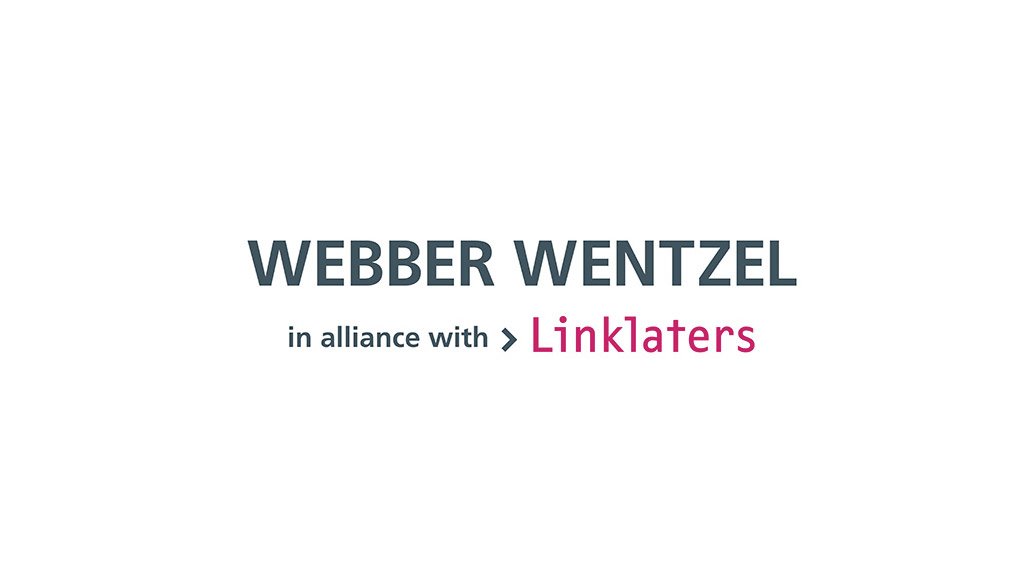A recent notice issued in the Johannesburg High Court by Deputy Judge President Roland Sutherland on 4 June 2024, indicated wait times for civil trials. The notice advised that the lead time to have a matter heard in the civil trial court could, in some instances, take up to three and half years (ie in November 2027). This is alarming. This significant delay could unfairly favour recalcitrant defendants with the result that in a lot of cases, justice delayed will be justice denied (as the maxim attributed to the British politician William E. Gladstone [1809-1898] suggests).
The notice indicates that reducing the civil trial lead time to less than 12 months (which is the standard set in the 2014 Norms and Standards for the Performance of Judicial Functions) would require about 20 judges assigned to civil trials each week. Currently, the Court can only allocate between two and six judges per week.
In measuring a court's performance, one of the primary indicators used is a court's case clearance rate. This rate calculates the number of resolved cases compared to the number of incoming cases. It indicates whether a court is clearing (ie resolving or disposing of fewer cases than are being filed and signals whether the court or court system is keeping up with the demands for judicial service). While indicators assessing case duration and overall quality of justice are important, case clearance rate is arguably the most widely used benchmark as it provides clarity and ease of measurement.
The notice is indicative of significant capacity constraints at the Johannesburg High Court. This capacity constraint is fuelled by both limited resources and rising caseloads. The Court is hamstrung by insufficient human and other resources to keep up with the civil trial caseload. Appointing pro bono acting judges helps, but it has not alleviated the backlog. The number of civil cases filed is also increasing, putting further strain on the system. To significantly reduce the backlog, the court would need to dedicate at least three times the current number of judges allocated to civil trials.
Other measures and interventions that can be taken to tackle the case backlog issue include:
- amending the regulatory framework to improve the efficiency of court proceedings (e.g. simplifying procedures or introducing time limits or shorter deadlines);
- relieving judges from non-judicial tasks;
- transferring judges from other less burdened divisions to sit in Johannesburg; or
- transferring cases from Johannesburg to courts in less burdened divisions.
These interventions may, however, carry cost implications and may take time to implement, thus not addressing the backlog in the short term.
The Johannesburg High Court's backlog strengthens the case for alternative dispute resolution (ADR). ADR, which includes mediation and arbitration, offers a faster and potentially less expensive way to resolve disputes outside of court. This could significantly reduce wait times for litigants and lessen the Court's burden. Deputy Judge President Sutherland echoes this sentiment, advocating for a broader dispute resolution system that includes ADR alongside traditional court proceedings.
Importantly, ADR would never replace the court system in its entirety, but it has huge potential to support the system. For example, an ADR process could be tailored to deal with the pre-entry of a case into the court system so that once the case gets to court, all parties are on the same page and preliminary issues have already been resolved. In South Africa, ADR, and arbitration in particular given its strict regulation, offers a flexible, quick, and effective route for resolving disputes. In light of the overwhelming backlog in our courts, it would be manifestly advantageous, not only for parties but also for the functioning of our court system as a whole, to consider ADR at this time.
Webber Wentzel's Dispute Resolution team has extensive experience in ADR and a proven track record of representing parties in mediation, arbitration, and other forms of ADR. The firm was a founding member of the Arbitration Foundation of South Africa and actively promotes mediation and arbitration wherever it is appropriate. Members of the team are available to discuss any concerns that clients may have or practical solutions in relation to the introduction of ADR processes into existing disputes and agreements.
Written by Nick Alp & Sarah McKenzie, Partners at Webber Wentzel
EMAIL THIS ARTICLE SAVE THIS ARTICLE ARTICLE ENQUIRY
To subscribe email subscriptions@creamermedia.co.za or click here
To advertise email advertising@creamermedia.co.za or click here











